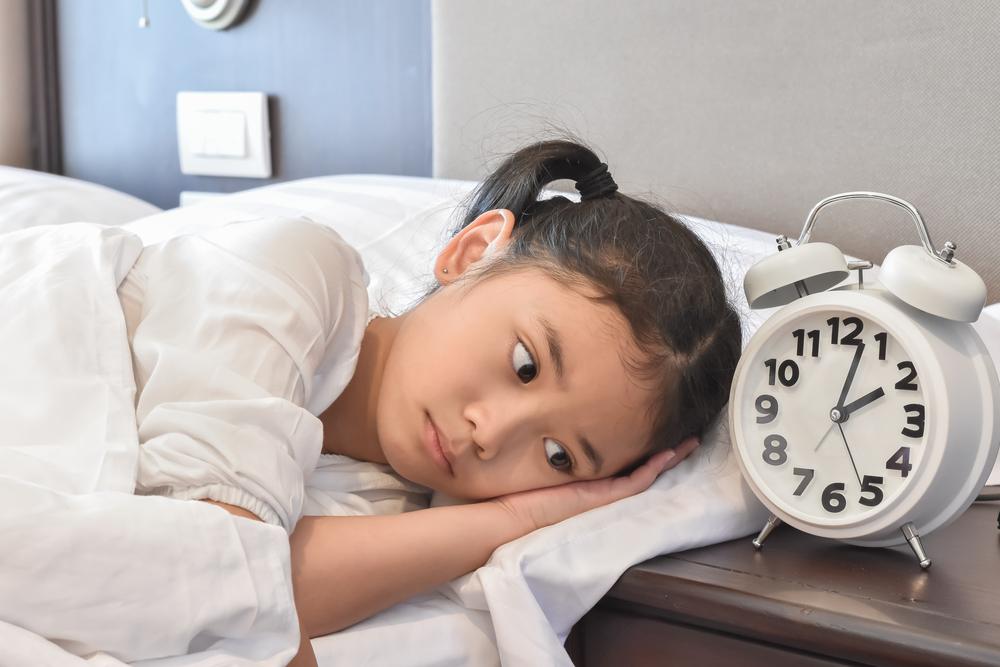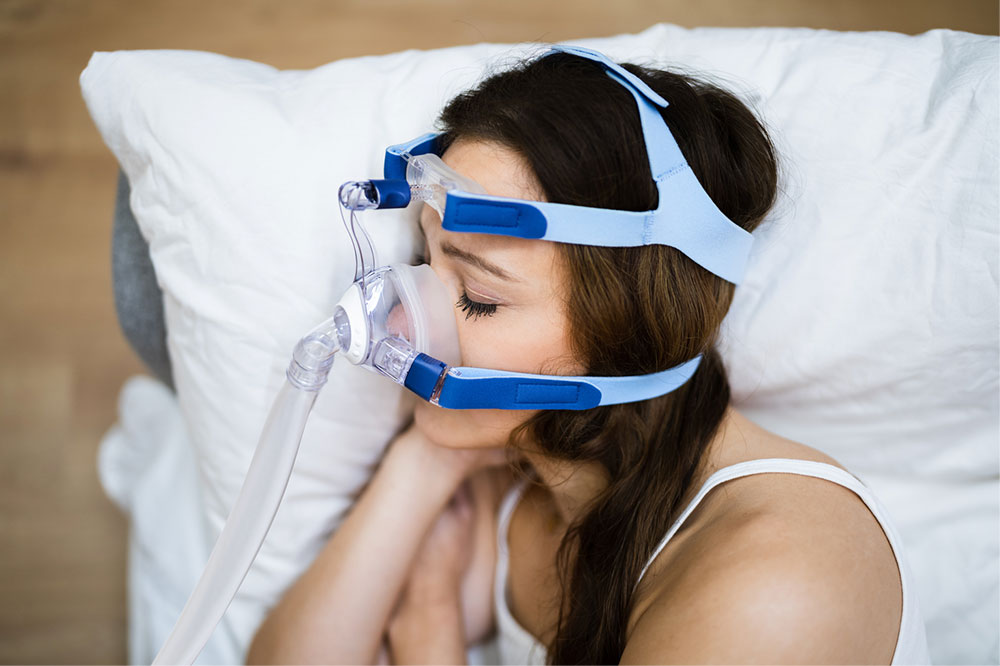Recognizing Early Signs of Sleep Issues in Children
Identifying sleep issues early in children is crucial for their health and development. Common signs include sleepwalking, bedwetting, nightmares, daytime drowsiness, and snoring. Recognizing these symptoms enables parents to seek timely medical help and establish better bedtime routines. Maintaining a calm and safe sleep environment can significantly improve sleep quality, supporting overall well-being in children. Regular monitoring and professional consultation are key to addressing pediatric sleep disorders effectively.

Sleep disruptions can lead to fatigue, anxiety, mood swings, unhealthy cravings, and metabolic issues. Poor sleep quality hampers cognitive functions, disturbs the body's natural circadian rhythm, and increases vulnerability to illnesses. When children exhibit these symptoms, it may indicate underlying sleep problems, which require parents' attention.
Research indicates that approximately 30% of children experience sleep-related difficulties. Parents should monitor sleep patterns carefully and understand the recommended sleep hours for different age groups. Newborns typically need around 16-17 hours of sleep daily.
As kids grow, their sleep needs decrease; for those under 18, 8-10 hours is generally advised. Recognizing signs of sleep issues early can help in taking preventive measures.
Sleepwalking
Sleepwalking is common among children, often accompanied by muffled speech. Episodes can last up to 15 minutes, posing safety risks since children are unaware of their surroundings. Homes with stairs or barriers should be childproofed, and parents should avoid waking children during an episode. Consulting a healthcare professional is recommended if episodes persist.
Enuresis (Bedwetting)
Bedwetting may signal developmental delays, emotional stress, or bladder control problems. If children wet the bed and appear sleep-deprived or lethargic, they could be experiencing sleep disorders like obstructive sleep apnea.
Nightmares and Night Terrors
Disturbing dreams, especially during REM sleep, can wake children, causing sleep interruptions. Children aged 6-10 are particularly sensitive to such episodes, which can lead to anxiety and behavioral issues. Night terrors involve sweating, rapid breathing, and increased heart rate, lasting only a few minutes but disrupting the sleep cycle. Stress and environmental factors are common triggers.
Daytime Sleepiness
Snoring
Snoring in children can result from nasal congestion, enlarged tonsils, or respiratory infections. It occurs due to vibrations in the upper airway and may signal underlying sleep issues. Persistent snoring warrants medical evaluation. Parents should establish calming bedtime routines, limit screen time, and create a peaceful environment to promote healthy sleep. If symptoms persist, consulting a healthcare professional is essential.
Note: The information provided here is for educational purposes only and should not replace professional medical advice. Always seek guidance from qualified healthcare providers for diagnosis and treatment of sleep disorders.










